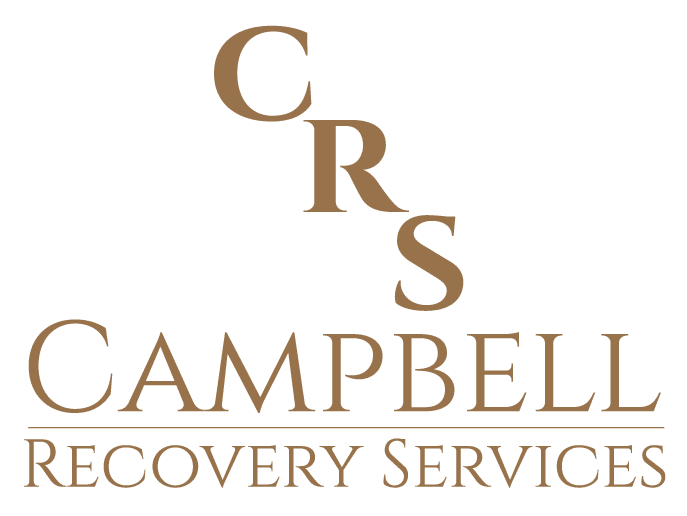Childhood can be a precarious time, with many of our experiences directly impacting and shaping who we will become as adults. If these childhood experiences are negative or traumatic, this can be something carried with you well into adulthood. These childhood experiences can then impact our relationships as adults, whether struggling with trust issues, love addiction, or the fear of commitment. By addressing how these past traumas from childhood have affected your adult life and ability to develop and maintain relationships, you can work to break the cycle and heal from these experiences.
How Childhood Trauma Can Lead to Adult Relationship Disorders
When trauma and negative experiences occur during the most formative years of childhood this can have devastating effects that can be tracked well into adulthood. Studies have shown children that have experienced traumatic events can have physical changes in the brain. These changes can trigger a fight or flight response that can stay with them into adulthood. Experiences such as physical or mental abuse, neglect, and serious problems in the household can lead to post-traumatic-stress-disorder. When left unaddressed, this will follow them into adulthood manifesting itself negatively.
Those that experienced this type of intense trauma trauma as a child often develop into adults that are resistant to intimacy and commitment. In their relationships they may be quick to start fights or do anything possible to avoid conflict with their partner. As adults, childhood trauma sufferers may choose abusive partners to mimic what they experienced in their early years or they may form unhealthy, codependent relationships. Some may choose to remain in isolation, avoiding developing meaningful relationships entirely.
Addressing Childhood Trauma and Healing from Past Wounds
To be able to have happy and healthy relationships as an adult, you need to address this past childhood trauma and allow for these wounds to heal. This can be done through therapy, where these traumatic experiences and the feelings that have developed as a result can be addressed by a professional. A trained counselor can help to identify these feelings that developed as a child, while bringing to light how this affects your relationships as an adult. Through this work, you can begin to heal from your childhood experiences and learn to cultivate healthy adult relationships.
The counselor may choose a variety of techniques and tools for dealing with these childhood wounds, including group counseling, or involving family members in the process. This can allow you to better understand your childhood, while addressing any unresolved emotions in a controlled environment. Through group therapy, you can learn that you are not alone, finding support and strength from the experiences of others affected by childhood trauma.
One of the first steps to healing from childhood trauma is to make peace with the past and let go of any self-blame and resentment that you may be harboring. Through counseling, you can gain the tools to heal from your childhood experiences while learning how to have happy relationships as an adult.





